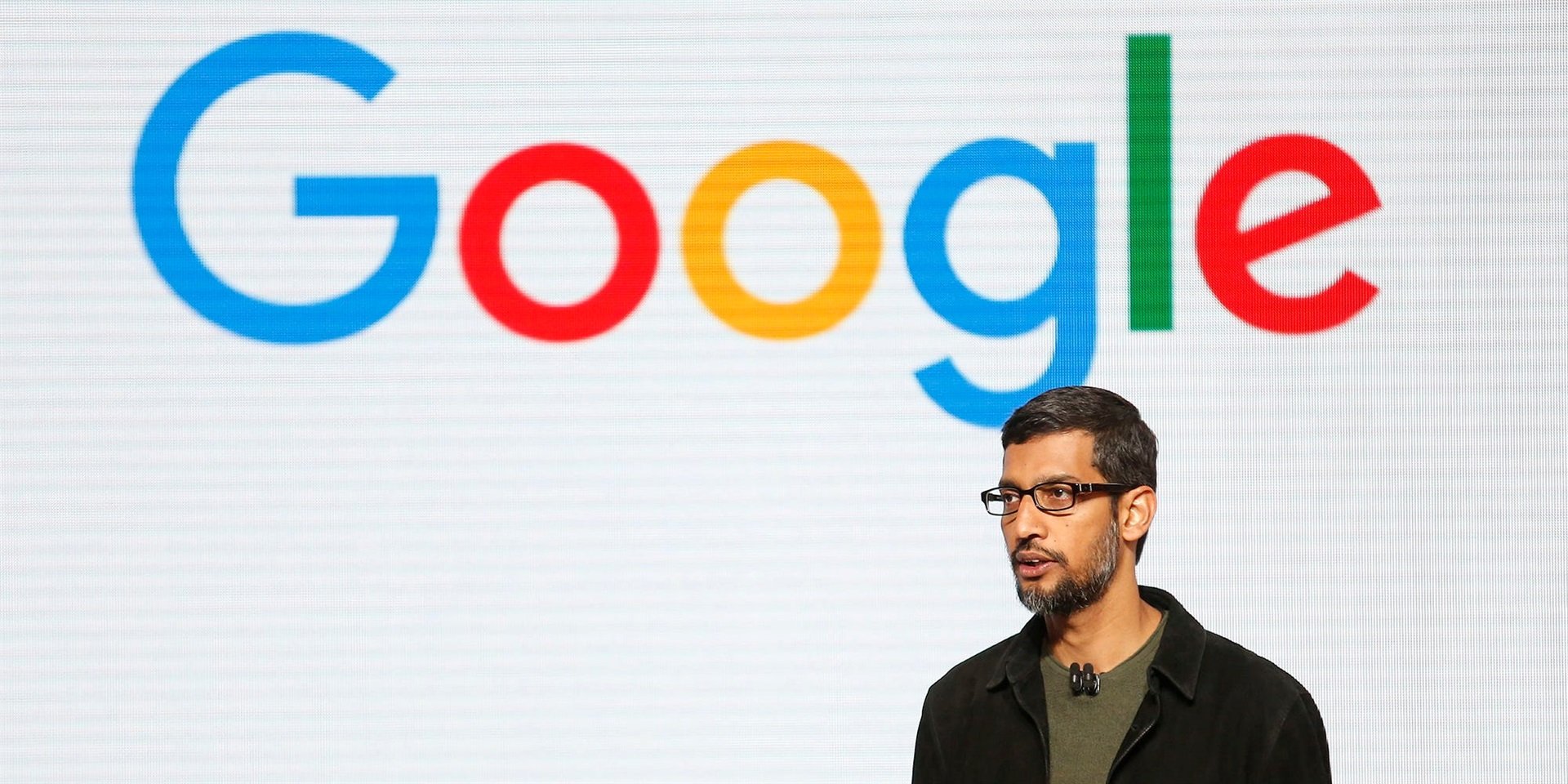
the staff of the Ridgewood blog
WASHINGTON, D.C. — Google scored a major legal victory this week in its long-running antitrust case, as a federal judge largely sided with the tech giant and rejected the government’s toughest proposals for breaking up its business.
Judge Amit Mehta ruled that while Google’s search engine was found to be a monopoly, the remedies proposed by the Department of Justice went too far. Most notably, Mehta dismissed calls to force a divestiture of Chrome or Android and rejected the idea of banning Google from paying for guaranteed search distribution. According to the ruling, such restrictions could cripple other companies—including partners like Mozilla—and harm consumers.
Instead, Mehta accepted Google’s own proposed remedies “in full” with only minor modifications, giving the company a path forward that avoids the most drastic consequences.
Generative AI Changed the Case
One striking detail in the 226-page decision was Mehta’s recognition that the rise of generative AI has dramatically reshaped the search landscape. When the lawsuit was first filed in 2020 under the Trump administration and later tried in 2023, AI-powered platforms like ChatGPT had not yet transformed how people search online. By 2025, however, the rapid adoption of AI tools weakened the government’s case that Google’s dominance in traditional search justified extreme remedies.
Impact on Google, Big Tech, and Wall Street
The decision effectively erases the “antitrust bear case” hanging over Google stock since last year’s monopoly ruling, according to analysts at New Street Research. Tech investors welcomed the clarity, and Silicon Valley sees it as another sign of a pro-business regulatory era under President Donald Trump.
For companies like Apple, the ruling also means continued lucrative agreements with Google—such as the reported $20 billion annual deal to keep Google Search as Safari’s default.
The ruling could set the tone for other pending antitrust cases against Meta, Apple, and Amazon, though it remains to be seen whether regulators will shift their strategies in light of evolving technologies like AI.
Take the Wall Street Walking Tour https://www.facebook.com/unofficialwallstreet
#WallStreetTours,#FinancialDistrictExploration, #ExploreWallStreet, #FinancialHistoryTour, #StockMarketExperience, #FinancialDistrictDiscovery, #NYCFinanceTour,#WallStreetAdventure
